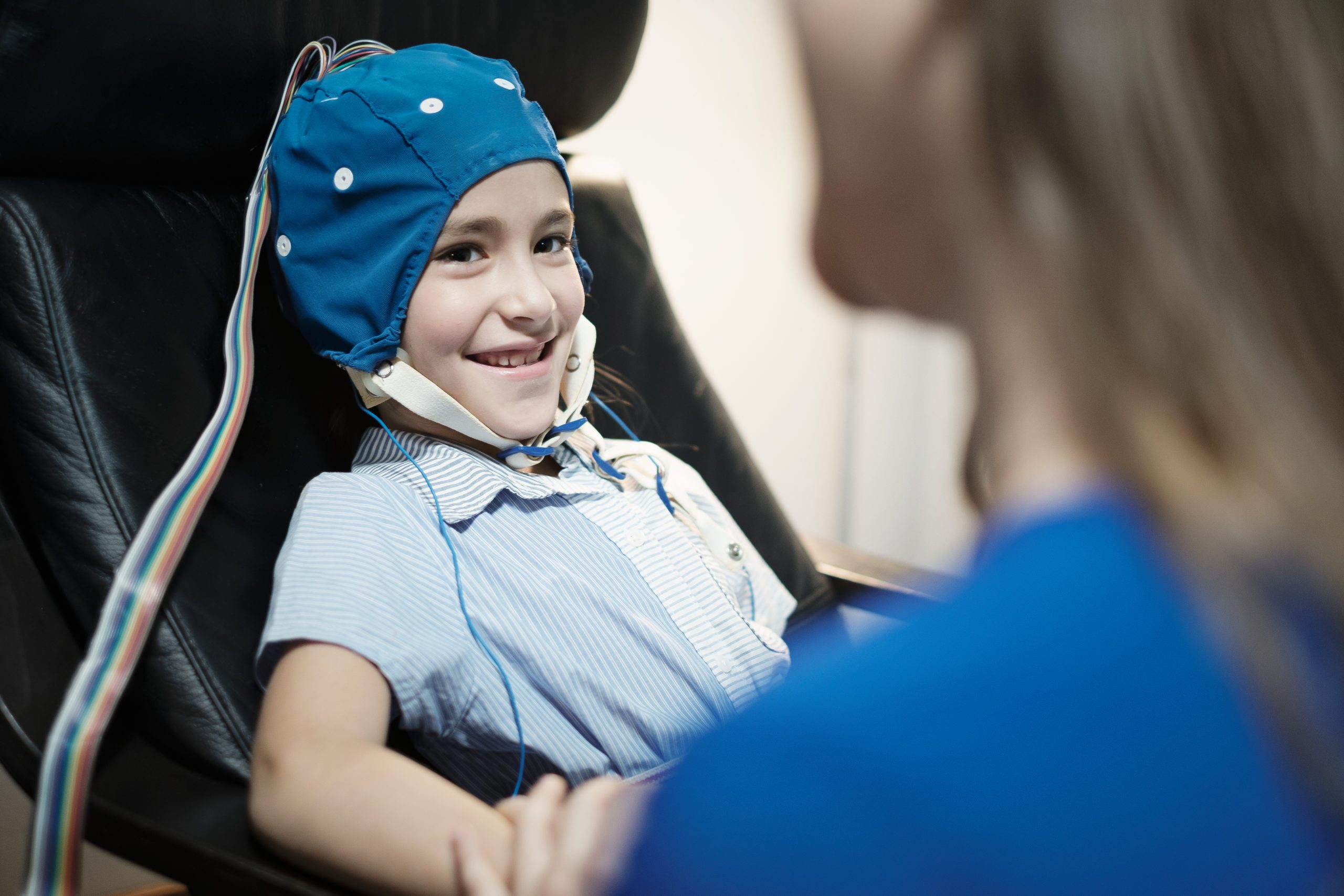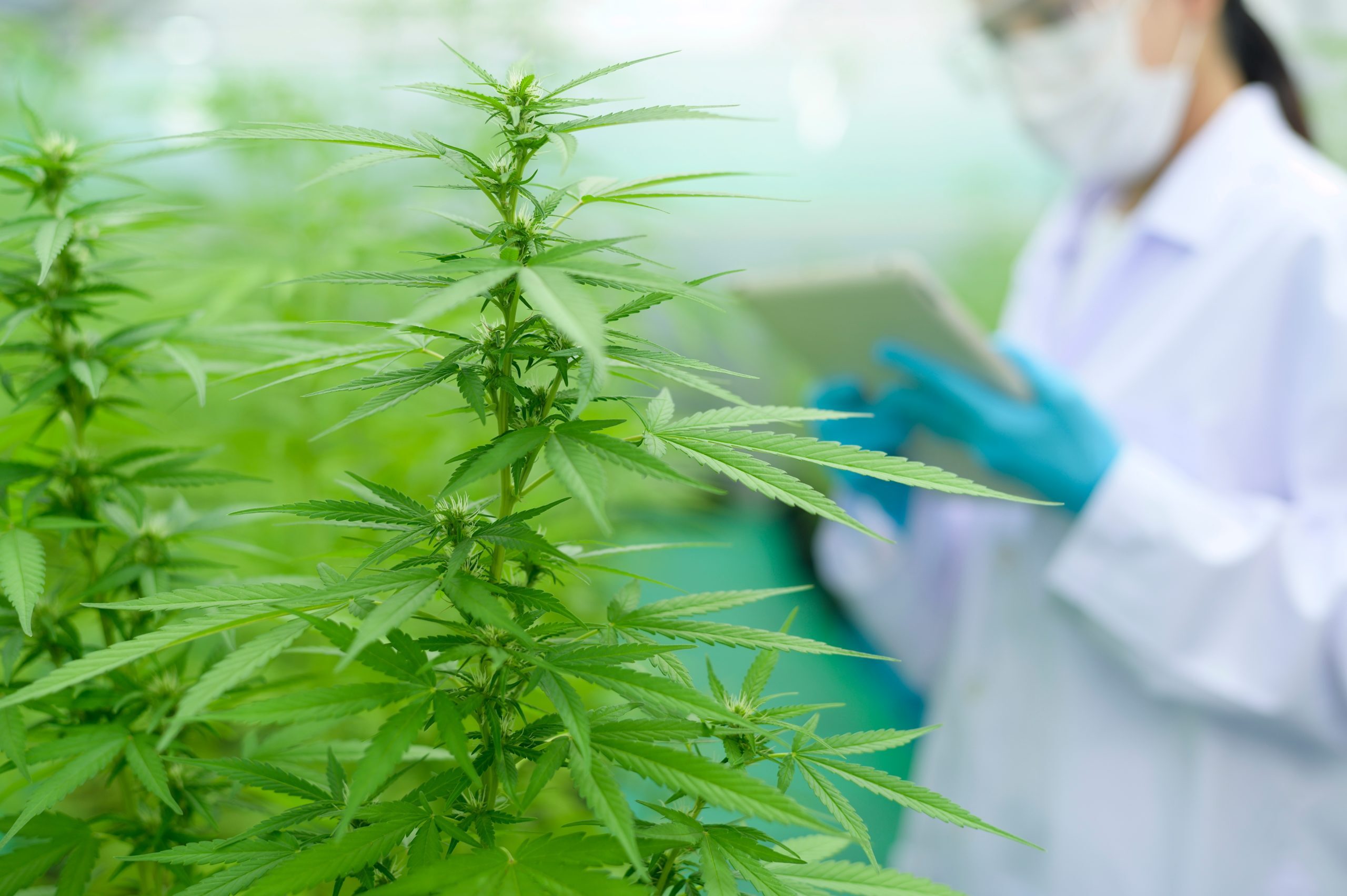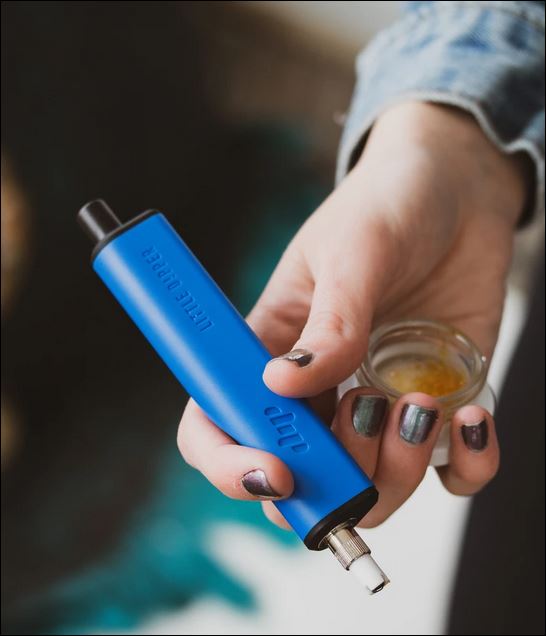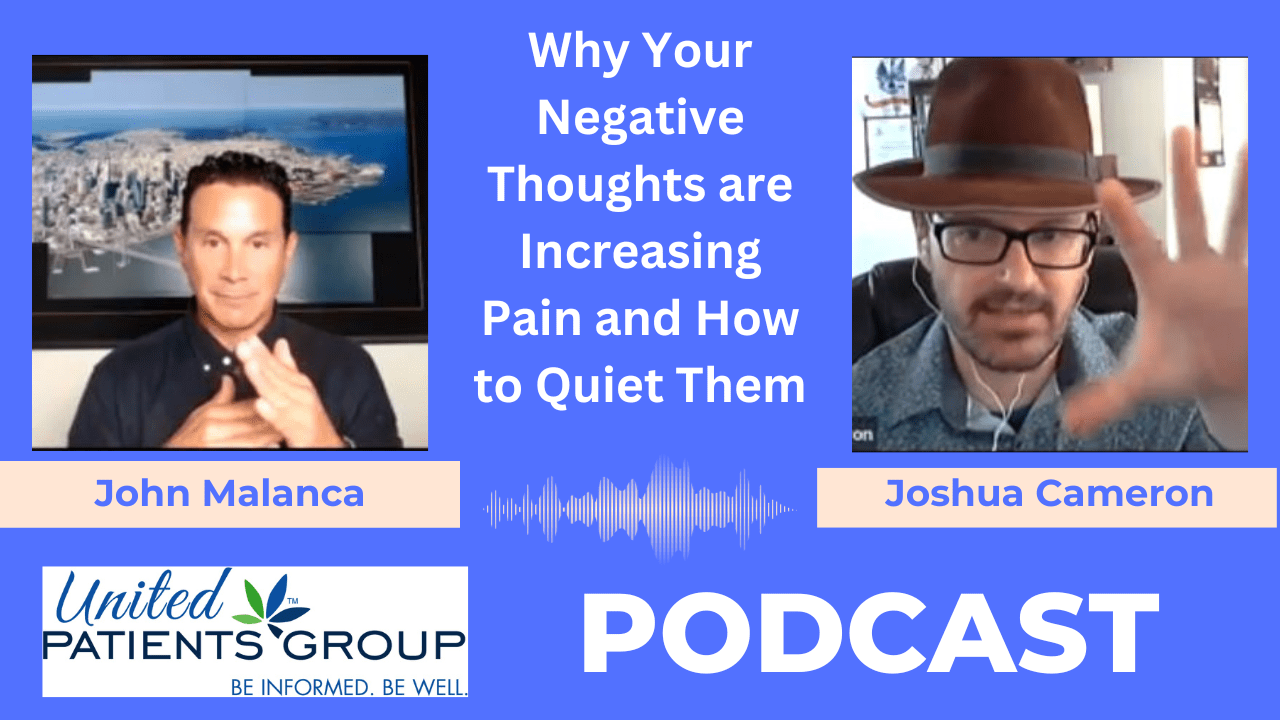Article Topics

CBD is gaining prominence for its therapeutic potential; this cannabis derived compound has shown potential in the treatment of seizures, and neurological disorders among others. A cross sectional study that was recently published (Feb, 2021) in the Journal of Cannabinoid Medicine showed that most users consume CBD to get relief from stress, anxiety, and to deal with sleep problems.
In 2018, the Food and Drug Administration (FDA) approved a CBD-based drug for the treatment of intractable childhood seizures. This indicates that there is sufficient evidence to support the use of CBD oil for seizures. This article breaks down everything that you need to know about using CBD to stop seizures.
What is CBD?
Cannabidiol, abbreviated as CBD, is one of the numerous phytocannabinoids that are found in the cannabis plant. There are about 114 + identified phytocannabinoids in cannabis; CBD is one of the two most studied. Tetrahydrocannabinol (THC) is the other prominent phytocannabinoid. Unlike CBD, THC is psychoactive and will trigger that typical high feeling that is associated with cannabis.
Around the world, different countries are moving to legalize cannabis for medicinal or recreational use. Cannabis gaining mainstream acceptance has created a lot of opportunities for cannabis research which has run into the thousands in the last couple of years. Key areas of interest for researchers looking into the therapeutic potential of CBD include the following medical conditions:
- · Chronic pain and inflammation
- Seizures
- Muscle spasticity
- Cancer
- Sleep disturbance
- Substance abuse
- Mood disorders
- PTSD
- Parkinson’s disease
Some kinds of seizures are difficult to manage with traditional anti-seizure medications, they include childhood seizures (Dravet’s syndrome and Lennox-Gastaut). The medical community and affected patients together with their families have played a big role in advocating for the use of CBD as an alternative treatment for seizures.
What Are Seizures?
Seizures are sudden jerky movements of the muscle that are involuntary (the person has no control over) and may vary in severity and duration. Seizures can affect people of all ages, from children to the elderly. They are attributed to sudden changes in the electrical activity of the brain. Though the cause of seizures is idiopathic, several triggers have been identified and include the following:
- Epilepsy
- Brain infections
- Sleep deprivation
- Traumatic brain injury
- Electrolyte imbalances
- Drug overdose
Traditional treatment for seizures involves the use of antiepileptic drugs such as sodium valproate, carbamazepine, and lamotrigine among others. These drugs are often associated with side effects such as drowsiness, agitation, tremors, hair loss, and swollen gums. Surgery may also be performed to remove the affected part of the brain, if the antiepileptic drugs are not working.
About 20% to 40% of patients with epilepsy fail to respond to the standard epilepsy medication. This kind of epilepsy is referred to as refractory epilepsy and affects about 400,000 people in the U.S. Cannabinoid research is now revealing that CBD may be of help to such patients.
Does CBD Oil Stop Seizures?
Different theories have been put forth to try and explain how CBD affects seizures. Some evidence suggests that it acts through GPR55 and TRPV1 receptors that are located in the brain to reduce the excitability of neurons. Other sources suggest that CBD has neuroprotective effects and hence protects brain cells from damage.
In 2018, the FDA approved a CBD-based prescription drug called Epidiolex for the treatment of severe childhood seizures, specifically Lennox Gastaut and Dravet’s syndrome.
A review conducted in 2019 analyzed existing literature and clinical trials investigating the safety and efficacy of cannabidiol in managing treatment resistant seizures. The researchers found CBD has a lot of promise in this area and further research is necessary.
CBDa, the acidic form of CBD, has also shown significant therapeutic potential. One study showed that CBDA has similar anticonvulsant properties to CBD. When it is combined with CBD in a product, CBDa improves entourage effects and the anticonvulsant activity.
CBD for Lennox-Gastaut syndrome
Lennox-Gastaut syndrome is a severe form of childhood epilepsy that makes up 2-5% of all childhood epilepsy. A recent study demonstrated the safety and efficacy of CBD in treating this type of epilepsy. CBD reduced drop seizures by 48%-71% and total seizures by 48% – 68%.
CBD for Dravet syndrome
Dravets syndrome is a very rare form of epilepsy that is associated with a genetic mutation (SCN1A mutation). A 2017 study found that cannabidiol is a suitable alternative for the management of seizures in Dravet’s syndrome. Compared to placebo, CBD resulted in a greater reduction in seizure episodes as well as fewer adverse events.
How To Use CBD For Seizures
CBD is available in different formulations. When choosing the best consumption method for CBD, you will need to consider what is accessible to you and your unique needs. If you consume CBD regularly, a method that is easy to fit into your routine might be the best. This includes CBD tinctures, pills, gummies, capsules, and other ingestible methods.
If you need fast acting CBD for immediate relief you will need to go for more sophisticated methods such as CBD vapes or CBD-infused e-cigs (preferably not the flavored ones). This allows the CBD to bypass the digestive process and instead hit the bloodstream directly. Topical CBD applications such as transdermal patches may also be used to manage seizures.
CBD tinctures are another popular way of consuming CBD. However, tinctures may not be appropriate for someone who is already having a seizure. The same goes for other ingestible forms of CBD.
What is the Right Dosage for CBD for Seizures?
When it comes to dosing CBD, there is never a one-size-fits-all. This again is affected by the relative consistency of CBD products in the market. Regulation would help to streamline this.
However, some studies have shown that it is possible to have a ballpark estimate of what dosage might work for most people. A 2019 study showed that single doses of 5-6mg/kg/day was effective in relieving seizures in children. The recommended dosage for Epidiolex is similar; 5mg/kg/day or 2.5mg/kg twice daily.
Does CBD For Seizures Cause Any Side Effects?
Generally, CBD is well tolerated by most people. In some cases, CBD may cause mild side effects such as:
- Sleepiness
- Diarrhea
- Fatigue
- Anxiety
- Low appetite
- Low blood pressure
Does CBD Interact With Seizure Medications?
Yes, CBD may interact with some seizure medications such as sodium valproate and clobazam. Therefore, it is advisable to consult with your pharmacist if you are taking other medications.
There is resounding evidence that indeed CBD is effective as an alternative treatment for intractable seizures. CBD has a good safety profile and will be tolerated by most people, including children. That said, some CBD products in the market do not meet the quality threshold. When purchasing CBD products it is important to verify the cannabinoid potency and to rule out any pesticides or contaminants by scrutinizing third-party testing results. The best CBDa oil may cost you more upfront, but it will be worth every penny in the long run.





































